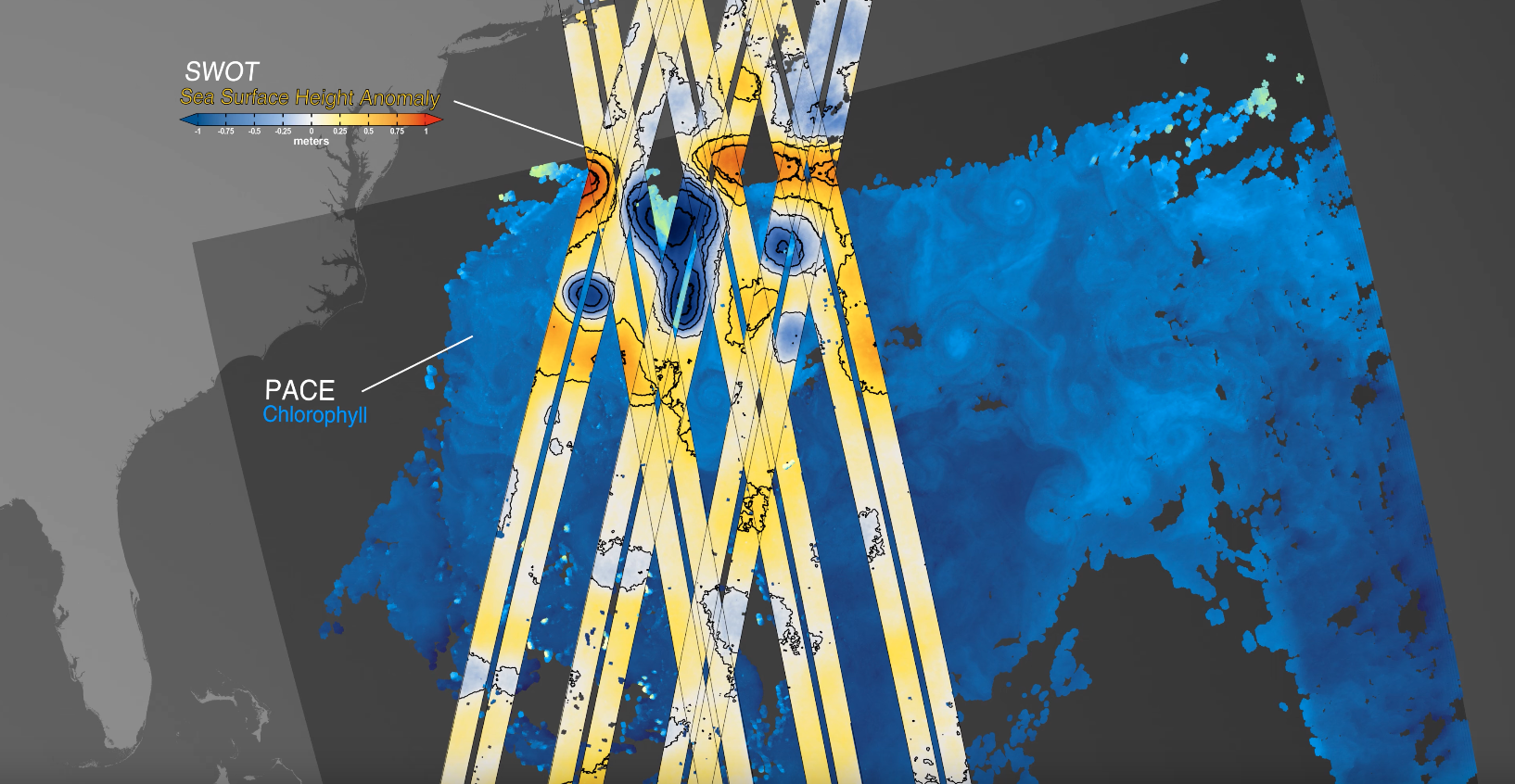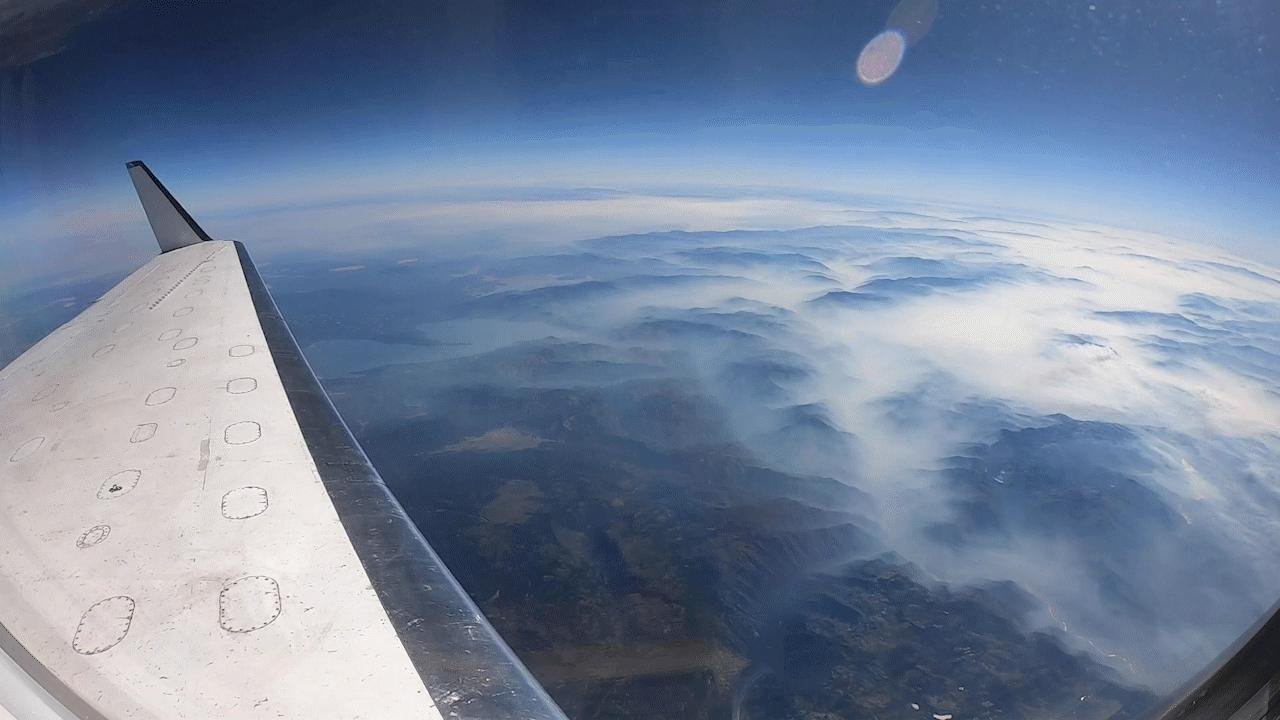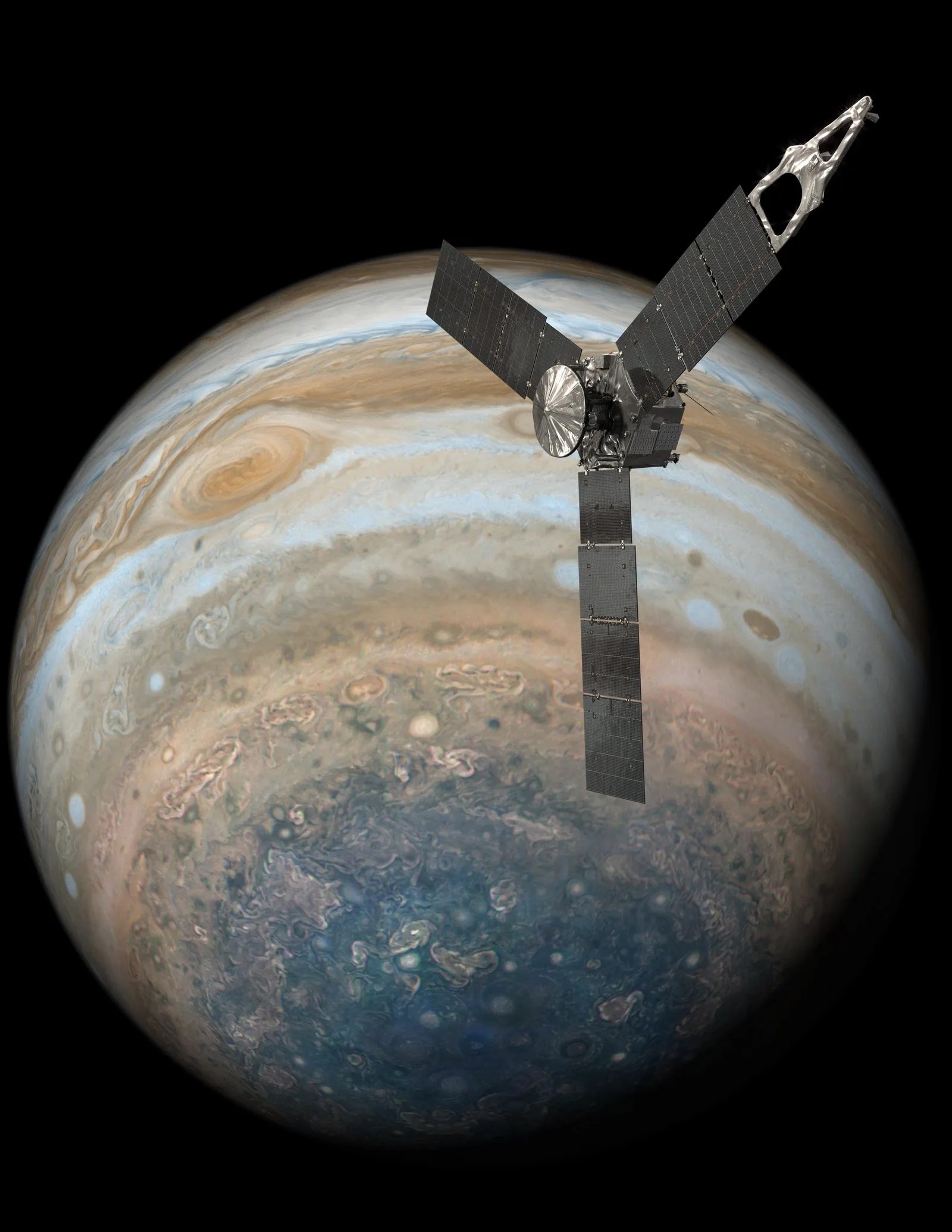2 min read
The main objective of NASA’s Ocean Community Engagement and Awareness with NASA Observations and Science for Hispanic/Latino Students (OCEANOS) project is to increase the participation of the fastest growing ethnic group in the United States through a series of summer internships (to be conducted from 2023-2025) on NASA Earth observations, oceanography, and technology, aimed at low-income highschoolers and first-generation undergraduates. During the Summer of 2022, OCEANOS teamed up with the NASA Neurodiversity Network (N3) to provide support and mentorship to a student intern in Puerto Rico. N3 provides a pathway to NASA participation and STEM employment for neurodiverse learners, with a focus on those on the autism spectrum.
The OCEANOS intern, Lucas Baez Massa from Puerto Rico, worked on the design of a low-cost do-it-yourself (DIY) underwater instrument for light penetration analysis, which he called HELIOS (Hand-hEld Light attenuation Instrument for Ocean citizen Science). This past week, the student tested the instrument successfully under a series of controlled scenarios against a state-of-the-art underwater probe for water quality parameters (EXO2). This DIY instrument will be used as a prototype during the Summer 2023 internships where high schoolers and undergrads will test this and their own ideas in a similar situation and during an oceanographic cruise in southwest Puerto Rico. The intern will present the results during the N3 Summer closeout activity. OCEANOS thanks the N3 team, particularly Lynn Cominsky (Sonoma State University) and Ariana Riccio (Education Development Center), for providing support to Lucas Masas, as well as Drs. Roy Armstrong and William Hernández (University of Puerto Rico) for the use of the Bio-optical Oceanography Lab facilities.
Discover future internship opportunities with N3: https://n3.sonoma.edu/internships
OCEANOS is a 4-yr project led by Juan Torres-Pérez from the NASA Ames Research Center and NASA’s Neurodiversity Network is supported by NASA under cooperative agreement award number 80NSSC21M0004; they are both part of NASA's Science Activation Portfolio. Learn more about how Science Activation connects NASA science experts, real content, and experiences with community leaders to do science in ways that activate minds and promote deeper understanding of our world and beyond: https://science.nasa.gov/learners








